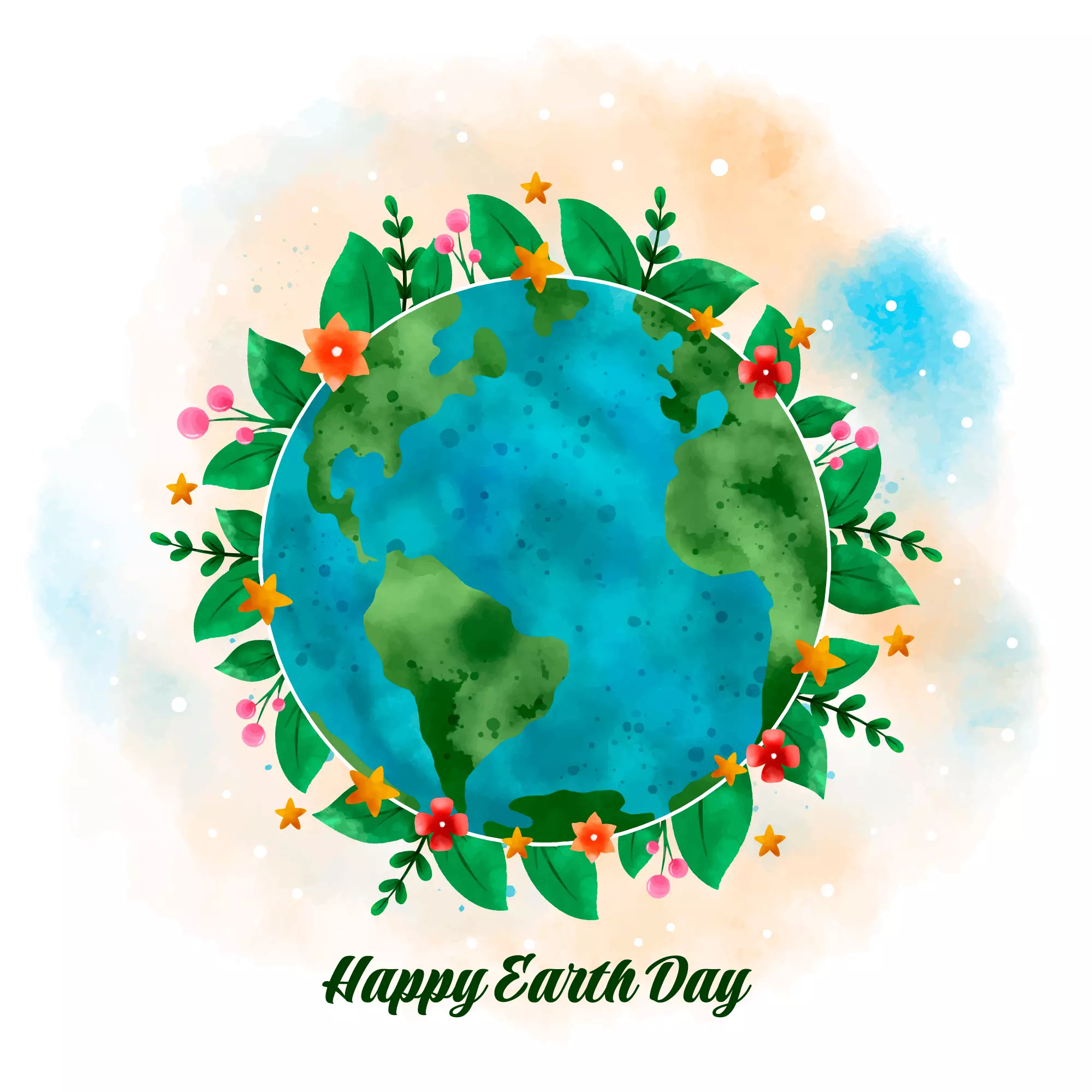Pradeep S. Mehta and Simi T.B. | Urgent action is required at all levels to tackle plastic pollution

Amid the observance of Earth Day 2024 with the theme “Planet vs Plastics”, the pressing global crisis of plastic pollution commands urgent attention. If one recalls the famous line from the 1967 comedy film Graduate, a young lad, Benjamin, played by Dustin Hoffman, is advised by an elder for future career choices to go in for plastics. Indeed, those days, plastics were the “in” thing. But Benjamin may not have been able to envision the havoc it has been creating.
Plastics have now become a significant menace, endangering our environment, health, and economy. The rapid rise in production, combined with the alarming accumulation of plastic waste choking land, oceans and the innards of animals, highlight the critical nature of this issue. Cattle and fish have been found to contain a huge amount of plastic waste in their inner bodies.
Globally, nations are taking significant actions to tackle plastic pollution. In 2022, UN member states unanimously endorsed a resolution aimed at ending plastic pollution, signalling a unified global commitment. An Inter-governmental Negotiating Committee is currently drafting a legally binding agreement on plastic pollution, which is expected to be finalised by the end of this year.
Recent data reveals a massive growth in global plastic production, skyrocketing from two million tonnes in 1950 to a staggering 430 million tonnes in 2023, with projections anticipating a doubling of capacity by 2040. However, the gravest concern lies not solely in the sheer volume of plastic produced but also in its profound impact on our planet.
According to OECD, approximately 22 per cent of plastic waste eludes waste management systems, finding its way into unregulated dumpsites, incineration in open pits, or polluting terrestrial and aquatic environments, particularly affecting low and middle-income economies.
Health Impacts and Circular Economy Call
Today, the health impact of plastic pollution is increasingly evident, with studies highlighting its disproportionate effects on marginalised communities, particularly women and children residing in heavily polluted areas. Risks include reproductive issues, hormonal imbalances, reduced IQ, respiratory diseases, and neurological disorders. Furthermore, plastic pollution takes a toll on ecosystems, according to UNEP reports, with over 800 marine species experiencing ingestion, entanglement, and other harmful effects. Alarmingly, an estimated 11 million tonnes of plastic waste enter our oceans annually, a figure projected to triple by 2040 without immediate intervention.
The imperative for a radical shift in our approach to plastic management is clear.
Transitioning from the linear model of production, consumption, and disposal to a circular economy offers a viable solution. By embracing this approach, we can significantly reduce the volume of plastics entering our lands and oceans, cut greenhouse gas emissions, and even create hundreds of thousands of new jobs. To be more precise, as per UNEP reports, embracing circular economy approach could lead to an 80 per cent reduction in the volume of plastics entering oceans by 2040, a 55 per cent decrease in virgin plastic production, $70 billion in government savings, a 25 per cent reduction in greenhouse gas emissions, and the creation of 700,000 new jobs, mostly in the Global South.
However, to effectively mitigate plastic pollution, countries must foster innovation and incentivise businesses who are adopting eco-friendly practices. This includes implementing taxes on single-use plastic products to discourage their production and usage, alongside offering tax breaks, subsidies, and other financial incentives to promote alternatives such as reusable products. Furthermore, strengthening waste management infrastructure is crucial for enhancing waste reduction and recycling endeavours.
Plastic Waste Challenge and Promising Initiatives
In the last five years, India has experienced a significant surge in plastic waste generation, as per the Central Pollution Control Board’s annual report. From 1,568,714 tonnes per annum in 2016-17, it escalated to 4,126,997 tonnes per annum in 2020-21, indicating a concerning trend upward. Despite India’s relatively low per capita plastic waste production, recent reports indicate it ranks among the top 12 countries responsible for 60 per cent of global mismanaged plastic waste.
However, concerted efforts to address this issue have gained momentum, with government initiatives such as banning selected single-use plastics items, implementing Extended Producer Responsibility, Plastic Waste Management Rules, and the Prime Minister himself spearheading campaigns like the Swachh Bharat Mission, showcasing a dedicated commitment to effective waste management.
Simultaneously, it is imperative to recognise and replicate best practices that can serve as a blueprint for further progress. Innovative initiatives like the “Garbage Café” at Ambikapur, Chhattisgarh, showcase how local communities actively engage in waste management. By offering food in exchange for plastic waste, the cafe not only promotes environmental awareness but also fosters community involvement. Likewise, in Kerala, every household and business establishment are mandated to pay a user fee monthly for the Haritha Karma Sena’s door-to-door collection of segregated non-biodegradable waste, including plastics.
Comprising predominantly over 30,000 women, this group ensures the prompt delivery of collected items to authorised recycling facilities. Their efforts have led to a 43.61 per cent growth in waste collection, with segregated plastic waste alone increasing from 620.59 tonnes in May 2022 to 1013.04 tonnes in May 2023. These initiatives underscore the potential for impactful plastic waste management strategies that can be scaled up to address the global plastic pollution crisis.
The Path Forward
At present, like in most other developing economies, India has multiple challenges, particularly in areas such as littering, segregation at the source, and inadequate waste management infrastructure. Addressing these issues requires a multi-faceted approach, encompassing education, regulation, stringent enforcement, innovation, and community involvement. By implementing bans, promoting reusable alternatives, and investing in recycling infrastructure, the nation can make significant strides towards reducing plastic pollution and building a more sustainable future for generations to come.

